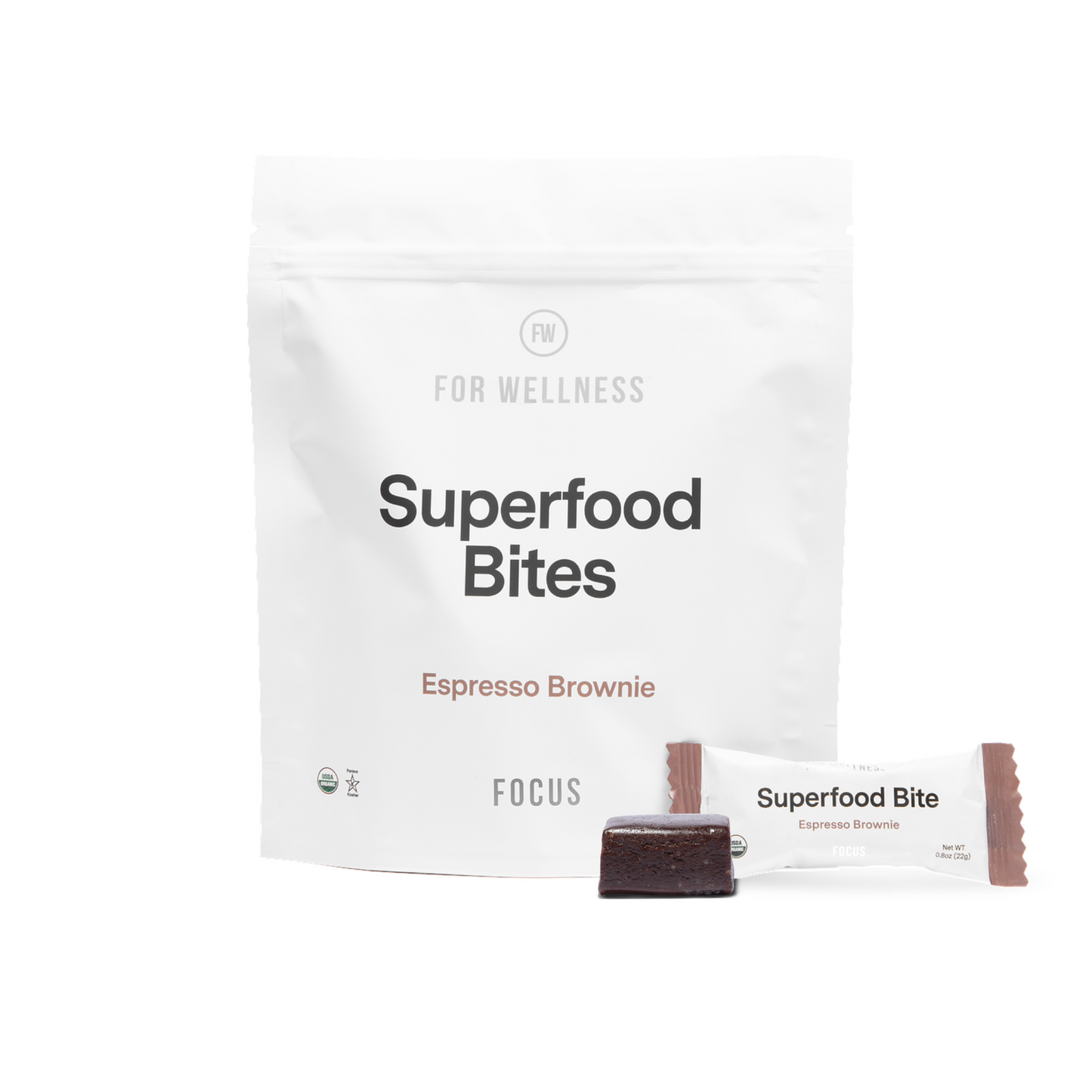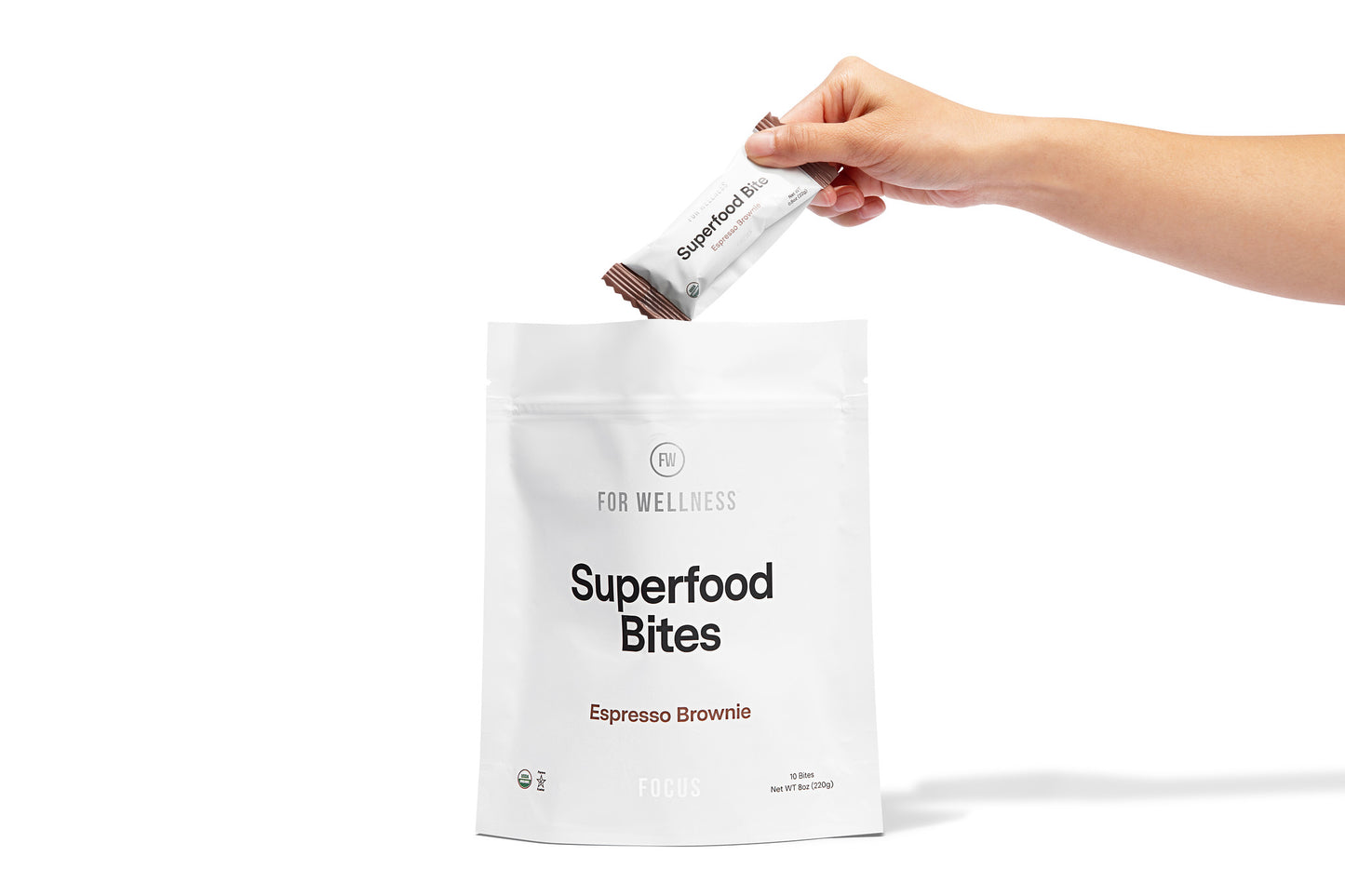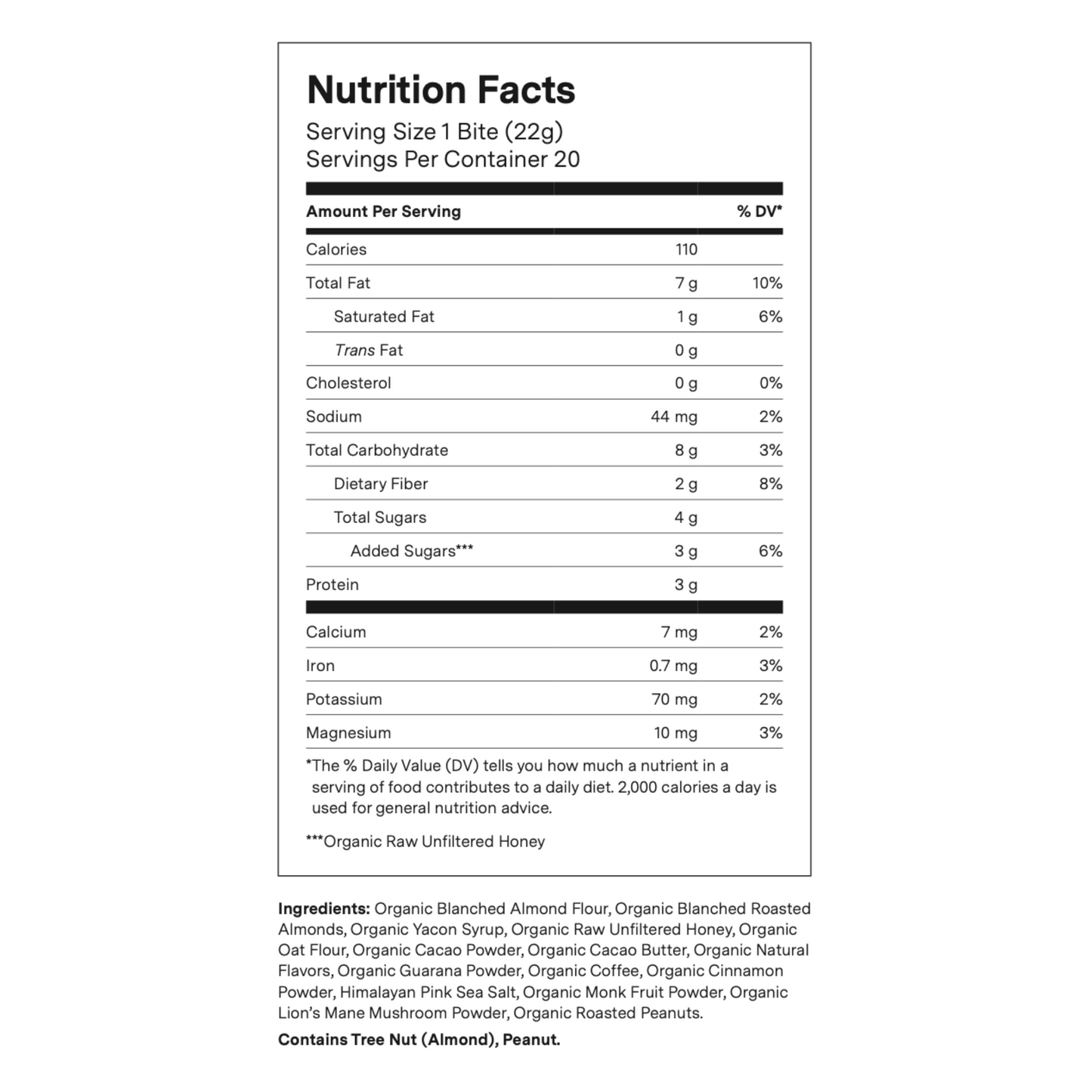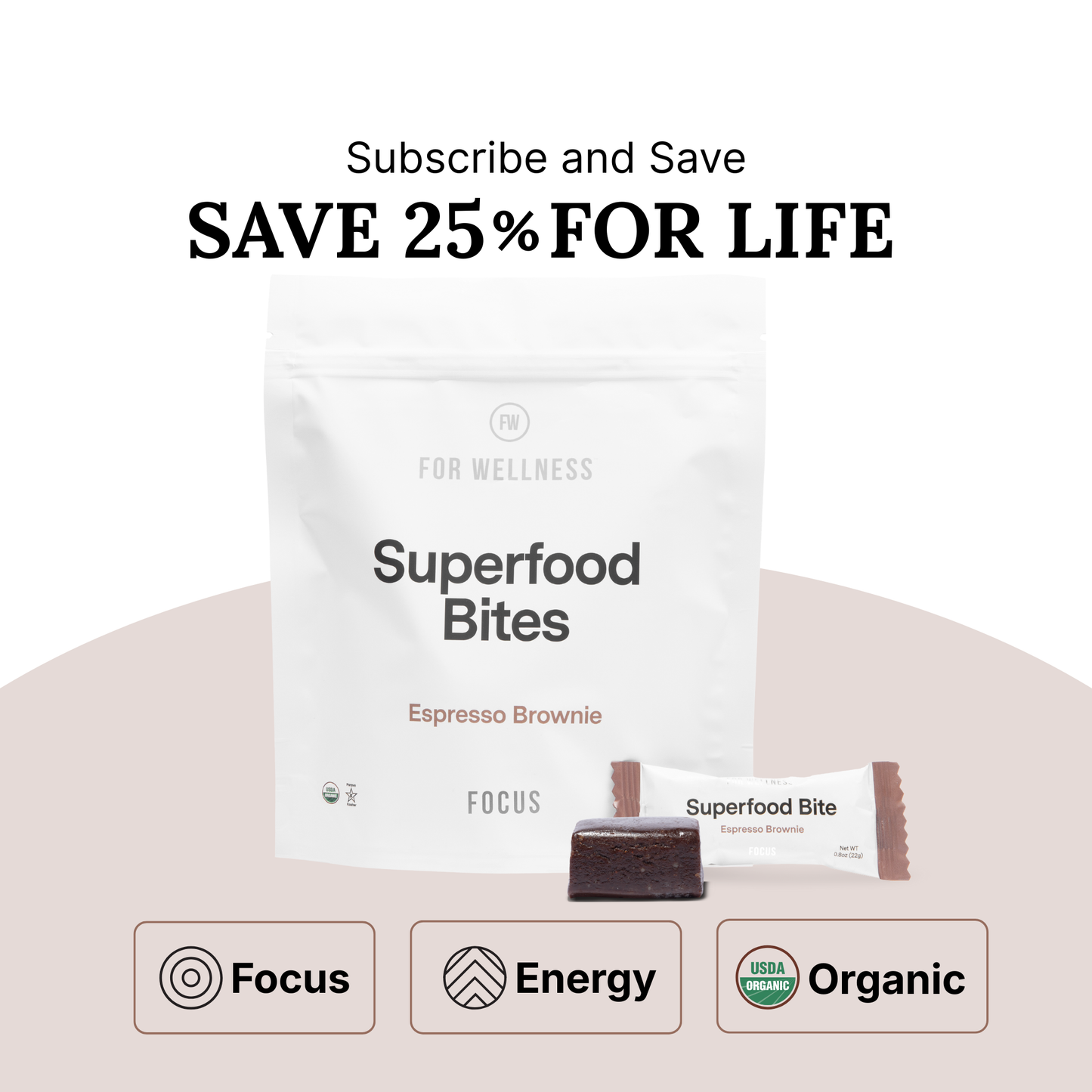Understanding Adaptogens and Their Benefits
Adaptogens are natural substances that help your body adapt to stress (hence the name!). With this come positive flow on effects for the rest of your body: adaptogens can improve your energy levels, focus, and overall well-being.
Different adaptogens offer various benefits, such as reducing anxiety, boosting immunity, and enhancing physical performance. Incorporating adaptogen-rich foods into your diet can help you manage stress better and support your body’s recovery process.
The hardest part about adaptogens is that they're not always common items that you'd reach for at the grocery store, so you need to know what you're looking for.
Discover why they work and which adaptogens are right for you with our dedicated deep dive that'll leave you ready to maximize your potential whatever life throws at you.
Adaptogens versus Nootropics
You've probably seen us talk plenty about nootropics, and may be thinking they sound similar to adaptogens. However, the two perform different functions (although there are plenty of ingredients out there that do both, as well).
Adaptogens help the body adapt to and cope with stress, while nootropics enhance cognitive function and brain health, improving aspects like memory, focus, creativity, and motivation. Basically, one keeps you calm and one keeps you clever.
How Adaptogen Foods Help in Managing Stress
Adaptogens help regulate cortisol levels, the hormone responsible for stress responses, to keep them in check during times of high stress. These foods also often have antioxidant properties, which help protect the body from the harmful effects of stress.
Role of Adaptogen Foods in the Recovery Process
Different adaptogen foods have different strengths, like improving energy levels, enhancing focus, balancing hormones, and supporting your immune system during recovery. Ashwagandha, Rhodiola Rosea, Lion's Mane, and Ginseng are examples of adaptogen foods known for their stress-reducing and recovery-supporting benefits. Incorporating these foods into your diet can play a vital role in helping your body recover effectively from stress.
Incorporating Adaptogen Foods into Your Daily Routine
Incorporating adaptogen foods into your daily routine can help manage stress and improve recovery. Including adaptogens like ginseng, maca root, and Lion's Mane mushroom in your meals or teas can support your body in adapting to stress and promote overall well-being. These foods are known to help regulate the body’s stress response, increase energy levels, and enhance focus and mental clarity. Try adding adaptogen-rich ingredients to smoothies, soups, or herbal teas to experience their potential benefits.
Adaptogen Food Recipes for Stress Relief
Adaptogen foods are known for their stress-relieving properties. Adding them to your diet can help improve your body’s ability to cope with stress. Here are some simple adaptogen food recipes that can aid in stress relief and promote quicker recovery:
- Ashwagandha Smoothie: Blend ashwagandha powder with your favorite fruits and yogurt for a soothing stress-relieving drink.
- Holy Basil Tea: You can buy holy basil tea leaves for an easy calming drink.
- Superfood Bites: Skip all the hassle and enjoy a Superfood Bite™ Focus. They're delicious and made with organic Lion's Mane mushroom.
Special Mention: L-Theanine
While not *technically* an adaptogen, l-theanine is a great daily option for boosting calm and optimizing cognitive performance. Consider adding l-theanine to your diet with The Good Stuff™ in your coffee and feel the difference.
Tips for Maximizing the Benefits of Adaptogen Foods
Be sure to consume adaptogen foods consistently to maximize their benefits as you may not feel much difference with sporadic use.
Incorporate a variety of adaptogens into your daily meals and snacks. Research the specific adaptogens that align with your personal health goals. Pay attention to how your body responds to different adaptogens, and adjust your intake accordingly.
Always consult with a healthcare professional before making significant changes to your diet.
Potential Side Effects and Precautions
Be mindful that while adaptogen foods are generally safe for most people, some may experience side effects or interactions. Here are a few precautions to keep in mind:
- Monitor Your Body: Listen to how your body reacts when you introduce adaptogens into your diet. If you notice any adverse effects, stop consuming them.
- Consult a Professional: It’s always a good idea to speak with a healthcare provider, especially if you have existing health conditions or are pregnant or nursing.
- Quality Matters: Ensure you are using high-quality adaptogens from reputable sources to avoid potential contaminants or adulterants.
- Dosage: Pay attention to the recommended dosage guidelines provided, as taking too much can lead to unwanted effects.
- Interactions: Be cautious if you are taking any medications, as adaptogens can interact with certain drugs.
Conclusion: Embracing Adaptogen Foods for Better Well-being
When it comes to incorporating adaptogen foods into your diet, remember that they can be a valuable addition to your wellness routine. Adaptogens work by helping your body adapt to stress and promoting overall well-being. By including adaptogen-rich foods in your meals, you can potentially experience improved stress management and faster recovery times. Adding adaptogens like ashwagandha, holy basil, and Lion's Mane mushroom to your diet can be an effective way to support your body’s response to stress and enhance your overall well-being.
So, why not give adaptogen foods a try and see how they can positively impact your stress levels and recovery process?








